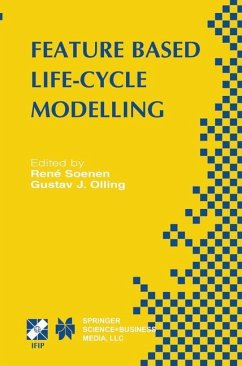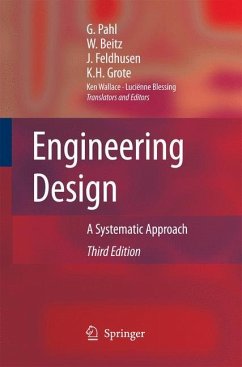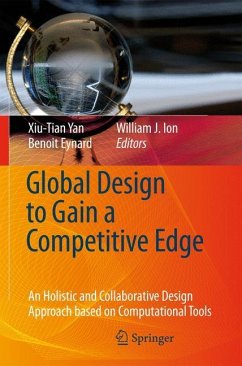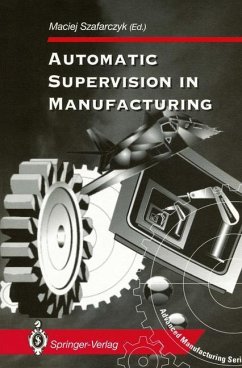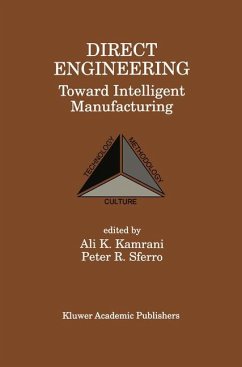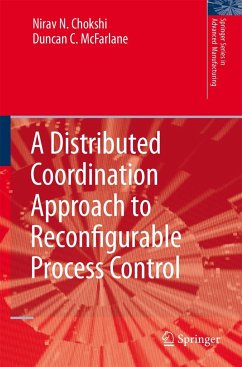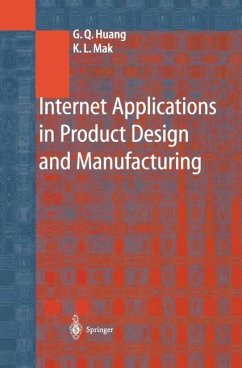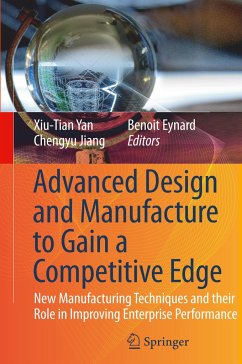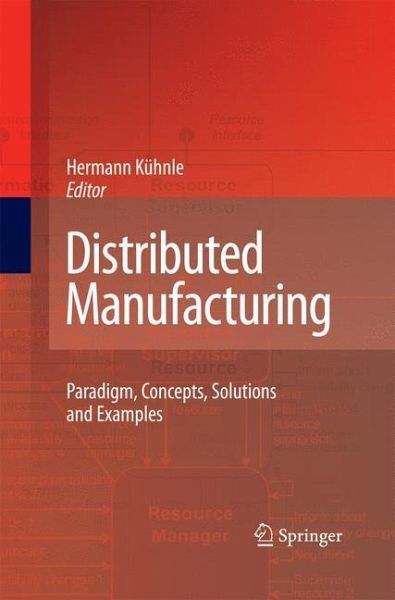
Distributed Manufacturing
Paradigm, Concepts, Solutions and Examples
Herausgegeben: Kühnle, Hermann
Versandkostenfrei!
Versandfertig in 6-10 Tagen
76,99 €
inkl. MwSt.

PAYBACK Punkte
38 °P sammeln!
Changing world market conditions have forced manufacturers to apply new architectures and technologies for the design and control of manufacturing systems. Distributed Manufacturing: Paradigm, Concepts, Solutions and Examples outlines the current requirements of manufacturing systems and addresses the architectures, methodologies, and technologies developed within European research activities in response to these requirements.Distributed Manufacturing: Paradigm, Concepts, Solutions and Examples will be of interest to researchers and developers in all fields involving industrial control systems...
Changing world market conditions have forced manufacturers to apply new architectures and technologies for the design and control of manufacturing systems. Distributed Manufacturing: Paradigm, Concepts, Solutions and Examples outlines the current requirements of manufacturing systems and addresses the architectures, methodologies, and technologies developed within European research activities in response to these requirements.
Distributed Manufacturing: Paradigm, Concepts, Solutions and Examples will be of interest to researchers and developers in all fields involving industrial control systems, as well as to decision-makers within industry and government organizations. The reader will gain a detailed knowledge of the current research directions in industrial control, reaching a comprehensive understanding of current advances, their expected benefits and limitations, and the possible consequences for industrial businesses.
Distributed Manufacturing: Paradigm, Concepts, Solutions and Examples will be of interest to researchers and developers in all fields involving industrial control systems, as well as to decision-makers within industry and government organizations. The reader will gain a detailed knowledge of the current research directions in industrial control, reaching a comprehensive understanding of current advances, their expected benefits and limitations, and the possible consequences for industrial businesses.





